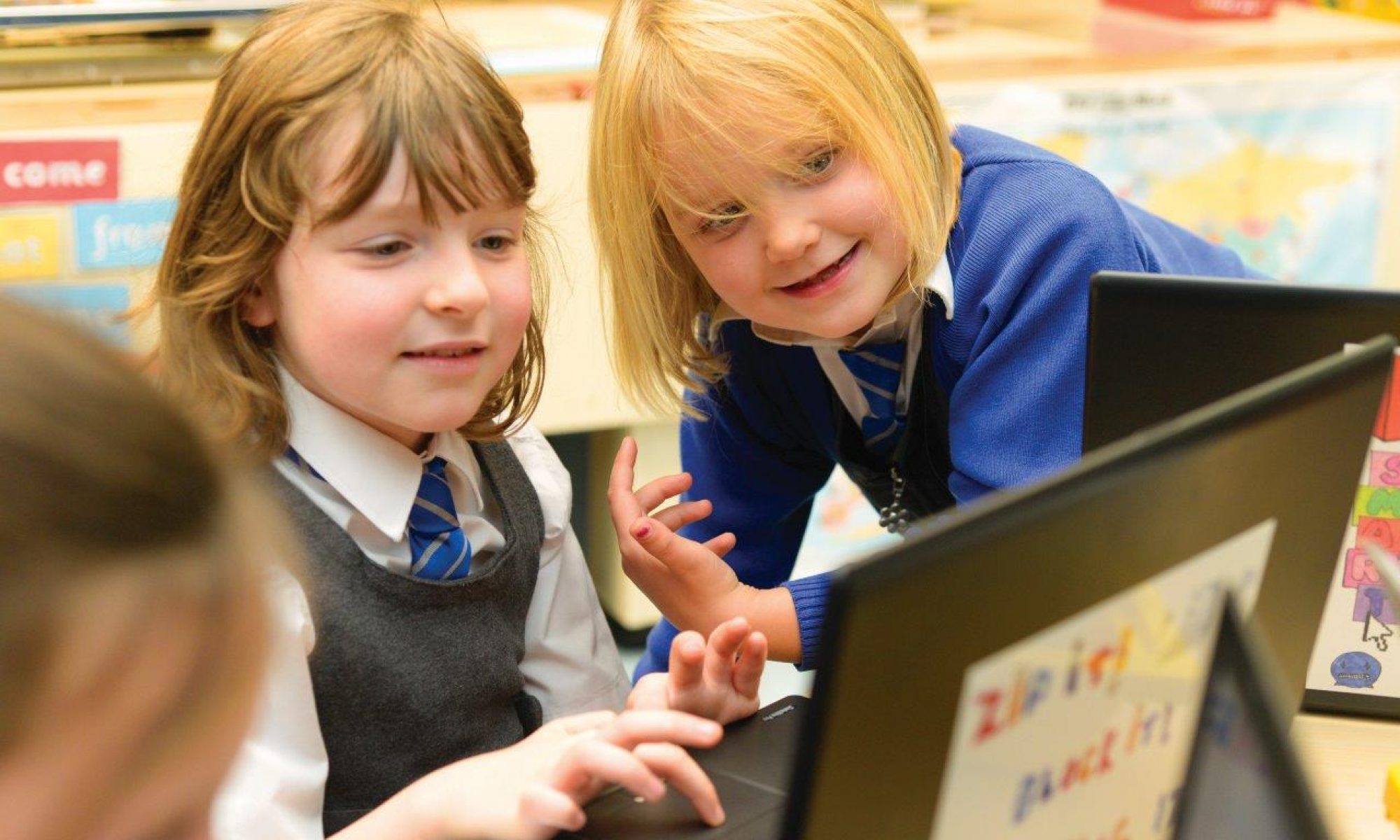Our Principles for Learning and Teaching
All children are entitled to be engaged in their learning and to be active learners; discovering and finding out.
All children are entitled to understand what they have achieved and know what to do to make progress.
All children are entitled to be independent, enthusiastic and self-motivated learners; raising their own questions.
All children are entitled to time to evaluate and reflect on their learning.
All children are entitled to teaching that inspires their learning; they are challenged and enjoy learning.
All children are entitled to teaching that encourages them to be creative.
All children are entitled to develop spiritually, morally and as members of their community and the wider community.
Our values
Rights – Human rights are the basic freedoms that belong to every person in the world. Rights are based on shared values like dignity, fairness, equality, respect and independence.
Responsibility – is doing the right thing. It is demonstrated by making good decisions, being accountable and caring for others.
Tolerance & understanding -A sense of openness and comprehension towards other people; our diverse cultures and histories; and our fundamental shared humanity.
Democracy – A culture built upon freedom and equality, where everyone is aware of their rights and responsibilities
Rule of law – The need for rules to make a happy, safe and secure environment in which to live, learn and work.
Respect – “to respect a person’s rights is to respect the inherent dignity and worth of that person. ” Leif Wenar
Happiness – is a sense of well-being, joy, or contentment. When people are fortunate, successful or even just safe they feel happiness. People feel happiness for different reasons.
Kindness – is a virtue marked by concern and consideration for others.
Honesty – moral character that embodies integrity, truthfulness, being trustworthy, loyal, fair, and sincere.
Unity – arises when we remember that we belong to each other. Unity spurs us to stand side by side with our sisters and brothers, especially those living in poverty.
Courage – with the gift of courage, we overcome our fear and are willing to stand up for what is right in the sight of God.
Politeness – means consideration for the feelings of others. When we show good manners others are more likely to be polite and courteous in return.
Friendship – is an opportunity to learn, to love, to live… To live in peace and to experience the fullness of life.
Freedom – is a gift that cannot be overstated. It’s the foundation that gives us the ability to live as we choose. Freedom means freedom from oppression, not freedom from responsibilities.

